Conclavoscope - Cardinal Rainer Maria Woelki
Cardinal Profile and Assessment
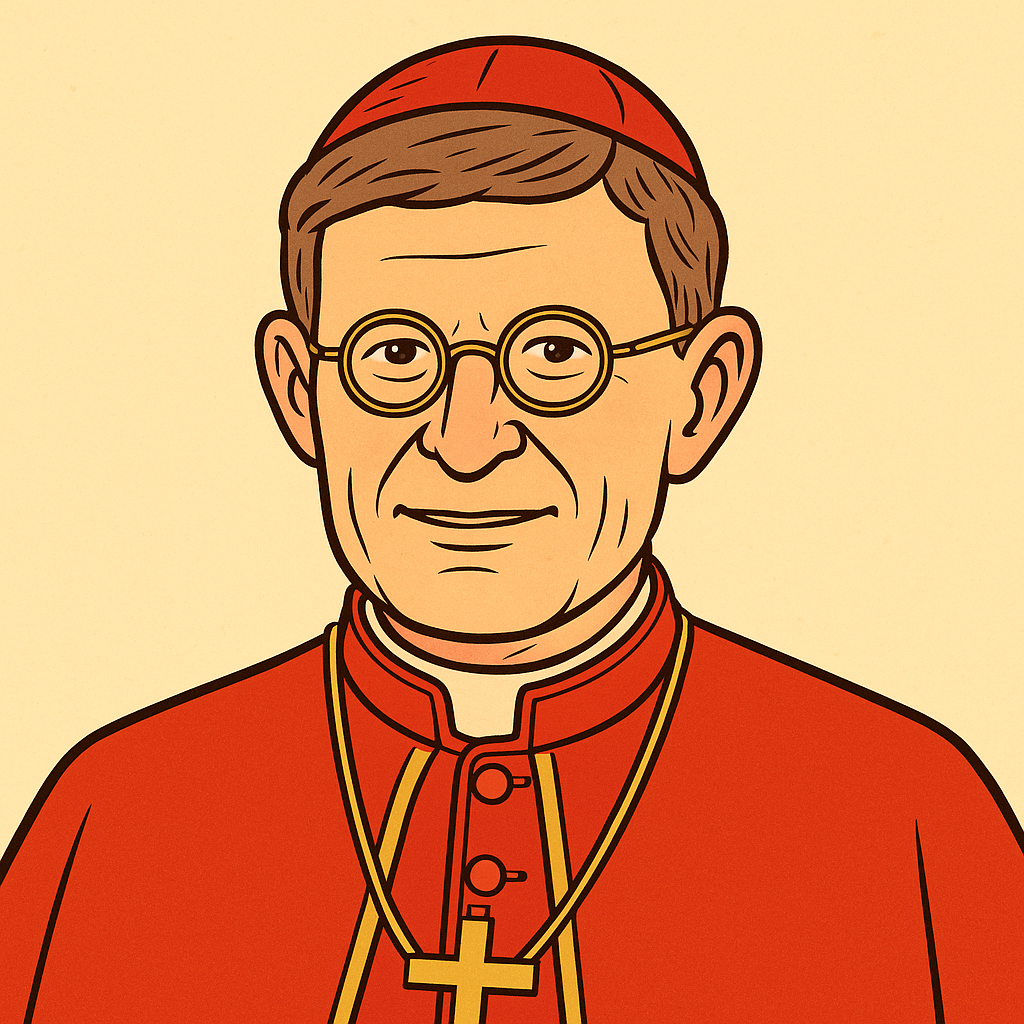
German cardinal, Archbishop of Cologne, known for his conservative positions and controversial leadership, particularly in handling sexual abuse and his opposition to certain reforms.
| Criterion | Tendency |
|---|---|
| Moral doctrine | Very conservative |
| Liturgy | Conservative |
| Sociopolitical | Progressive |
| Relationship with Pope Francis | Very conservative |
| Dialogue | Moderately progressive |
| Communication | Moderately conservative |
| Overall tendency | Conservative |
Cardinal Woelki has consistently upheld traditional Catholic teachings on moral issues. He has publicly opposed the blessing of same-sex unions and has taken disciplinary actions against priests who conducted such blessings. His stance reflects a firm commitment to the Church's doctrines on sexuality and family.
Cardinal Woelki emphasizes the importance of traditional liturgical practices. He has warned against creating 'a new Church' and has expressed concerns over liturgical innovations that deviate from established norms, indicating a preference for traditional liturgy.
Despite his conservative theological views, Cardinal Woelki has demonstrated progressive actions in sociopolitical matters. Notably, he celebrated Mass atop a refugee boat to highlight the plight of migrants, criticizing European indifference to their suffering.
Cardinal Woelki's relationship with Pope Francis has been complex. While he has shown loyalty to the Pope, he has also faced criticism for his handling of abuse cases, leading to a temporary leave granted by the Pope. His conservative stance often contrasts with the Pope's more progressive reforms.
Cardinal Woelki has engaged in interreligious dialogue, supporting initiatives that promote understanding among different faiths. His involvement in events marking interreligious milestones indicates a commitment to fostering such dialogue.
Cardinal Woelki's communication style has been a subject of controversy. While he has taken steps to address issues within the Church, his approach to communicating about sensitive matters, such as abuse cases, has been criticized, leading to a temporary leave for reflection.

German cardinal, former prefect of the Congregation for the Doctrine of the Faith, known for his very conservative positions and vigorous defense of traditional doctrine.
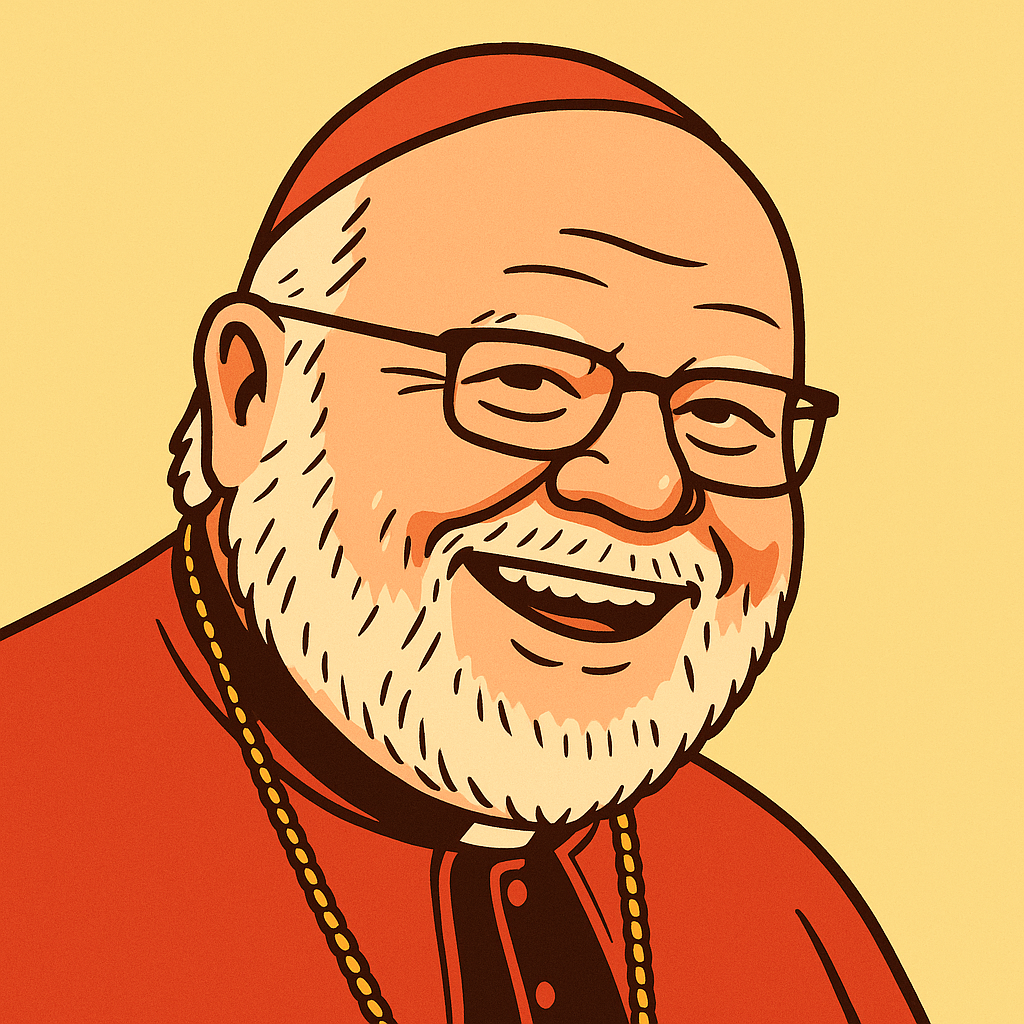
German cardinal, Archbishop of Munich and Freising, known for his progressive positions and influential role in Church reform, particularly during the German synodal path and on economic issues.

Netherlands
Dutch cardinal, Archbishop of Utrecht, physician and bioethicist, known for his very conservative positions on bioethical and moral issues, and his defense of traditional doctrine.
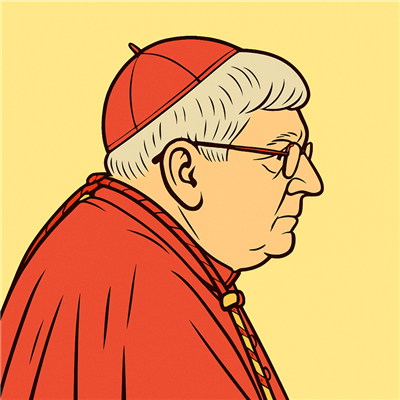
Canada
Canadian cardinal, Archbishop Emeritus of Toronto, known for his conservative positions on issues of moral doctrine and his commitment to defending religious freedom.
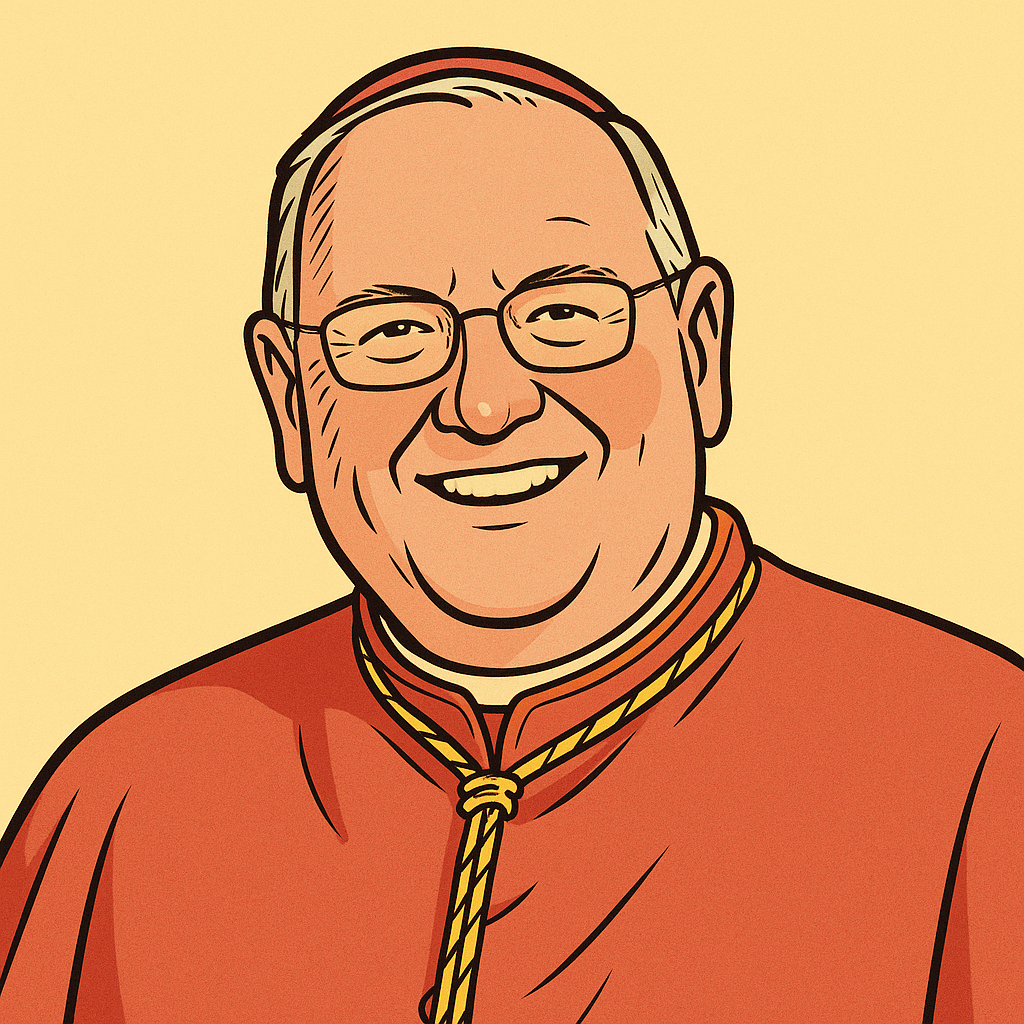
United States
American cardinal, Archbishop of New York, known for his media charisma and balanced leadership, combining social commitment and defense of Catholic tradition and moral values.

South Africa
age: 69
South African cardinal, Archbishop of Cape Town, known for his balanced leadership in post-apartheid South Africa and his pastoral work combining fidelity to doctrine and commitment to social justice.
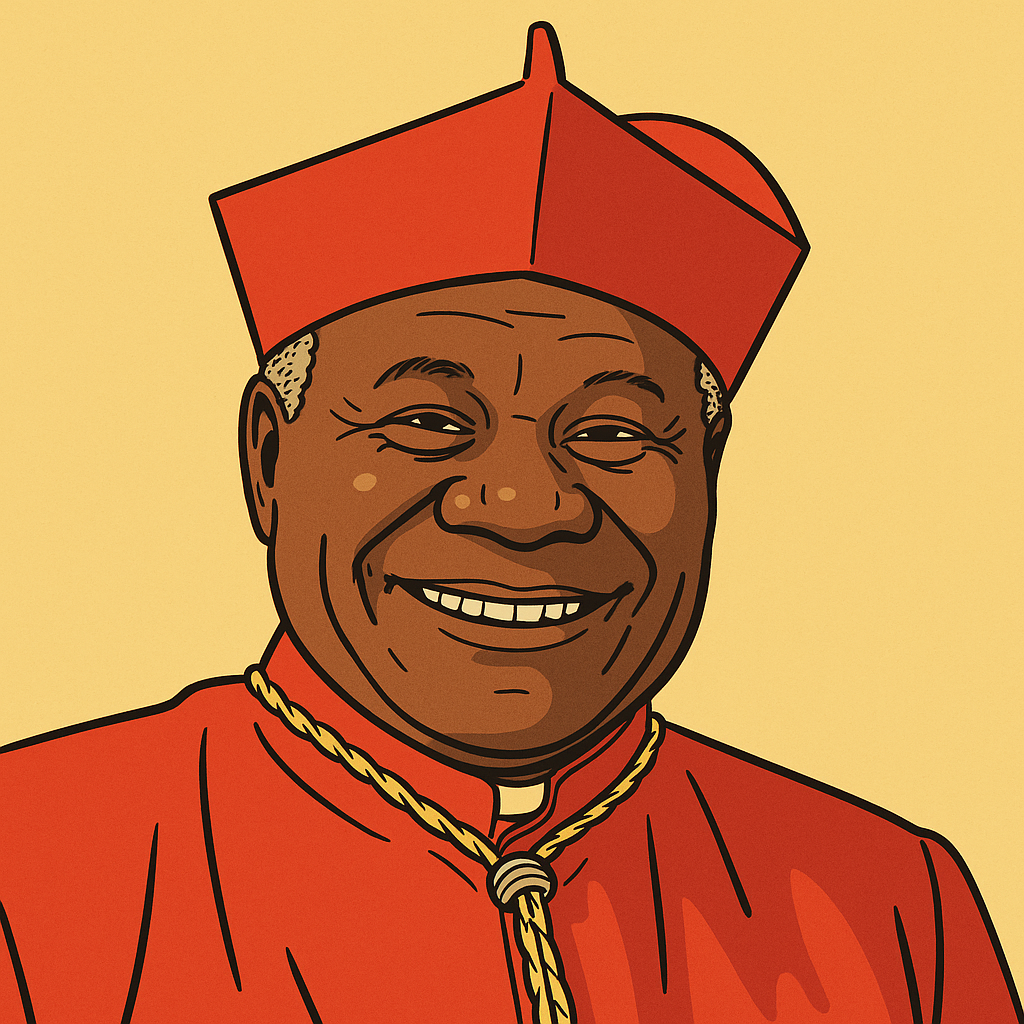
Papua New Guinea
age: 69
Papuan cardinal, Archbishop of Port Moresby, known for his work on inculturation of the faith and his commitment to environmental issues, with an open pastoral approach.
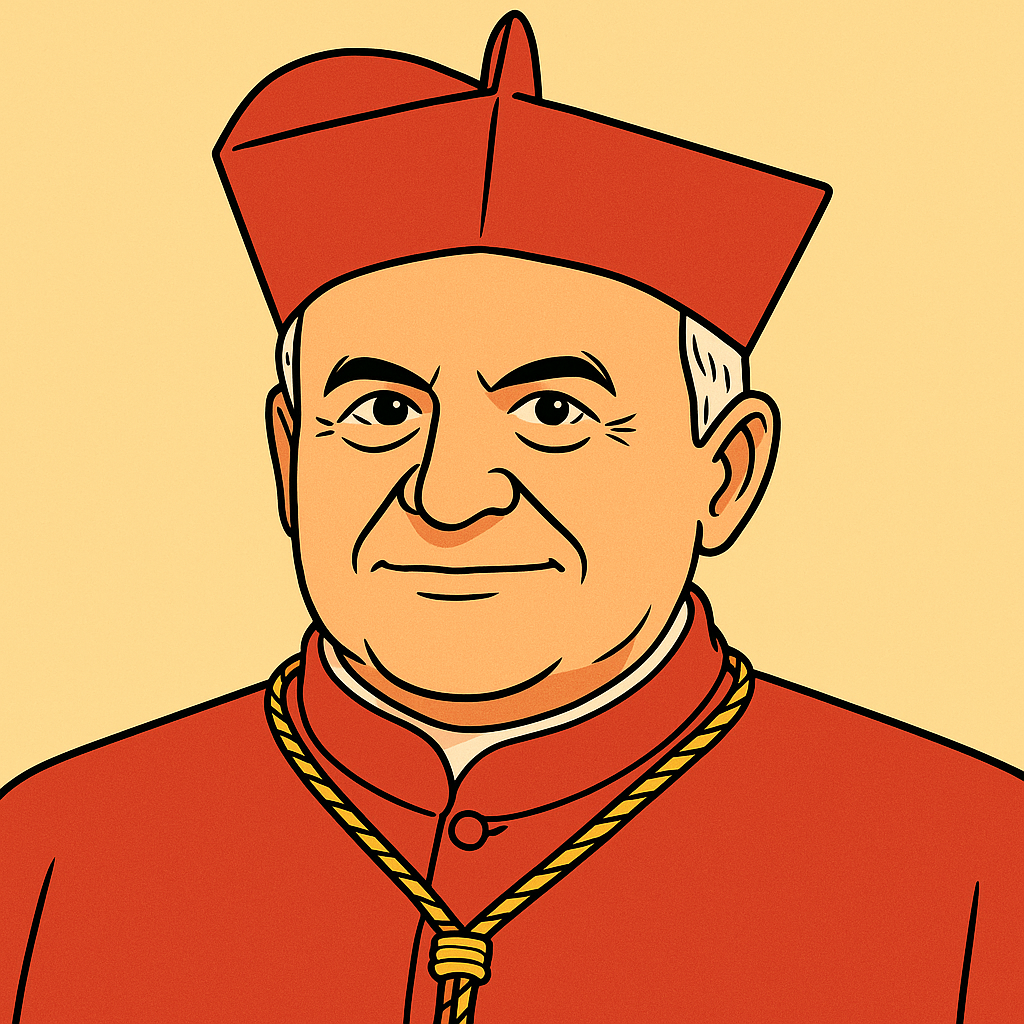
Serbia
age: 69
Serbian cardinal, Archbishop of Belgrade, known for his pastoral work in a predominantly Orthodox context and his commitment to ecumenical dialogue in the Balkans.
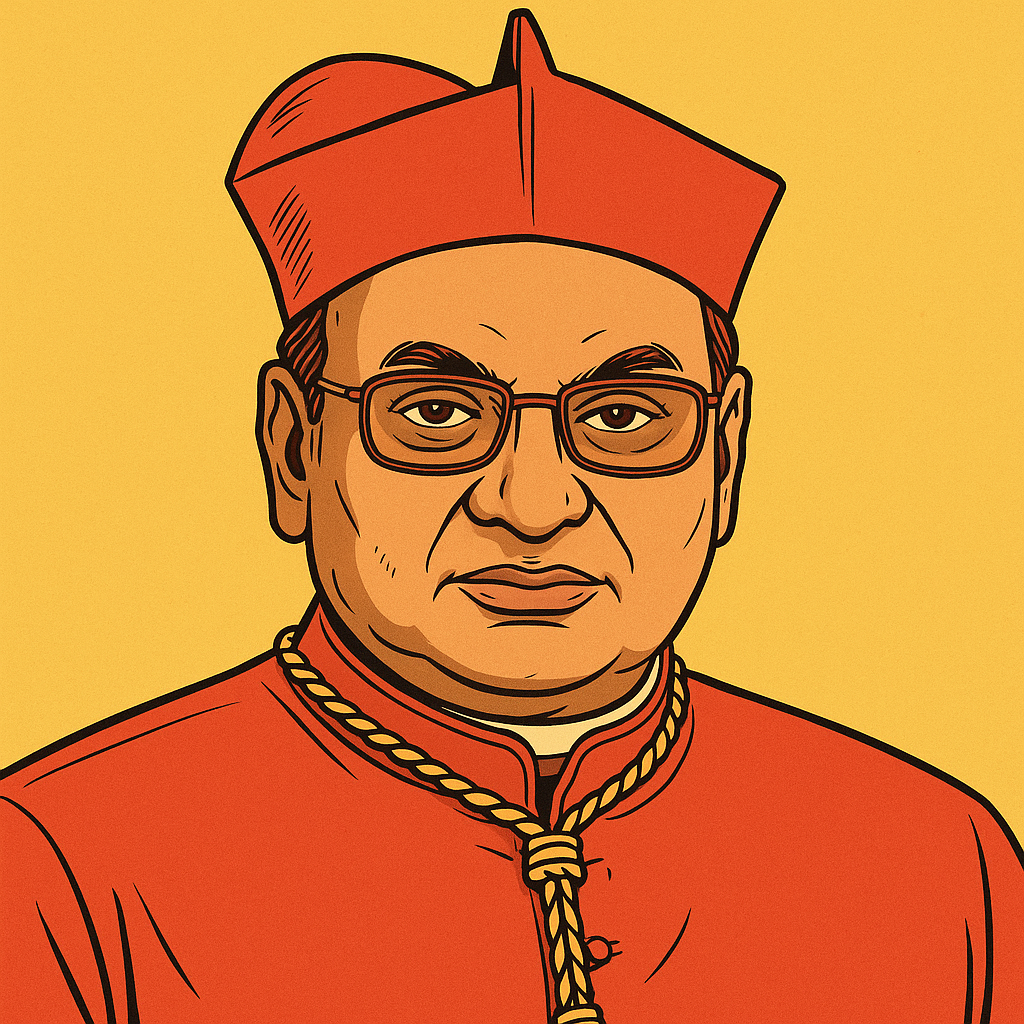
Sri Lanka
Sri Lankan cardinal with strong traditionalist positions, known for his attachment to traditional liturgy and defense of Catholic doctrine.

Germany
German cardinal, former prefect of the Congregation for the Doctrine of the Faith, known for his very conservative positions and vigorous defense of traditional doctrine.
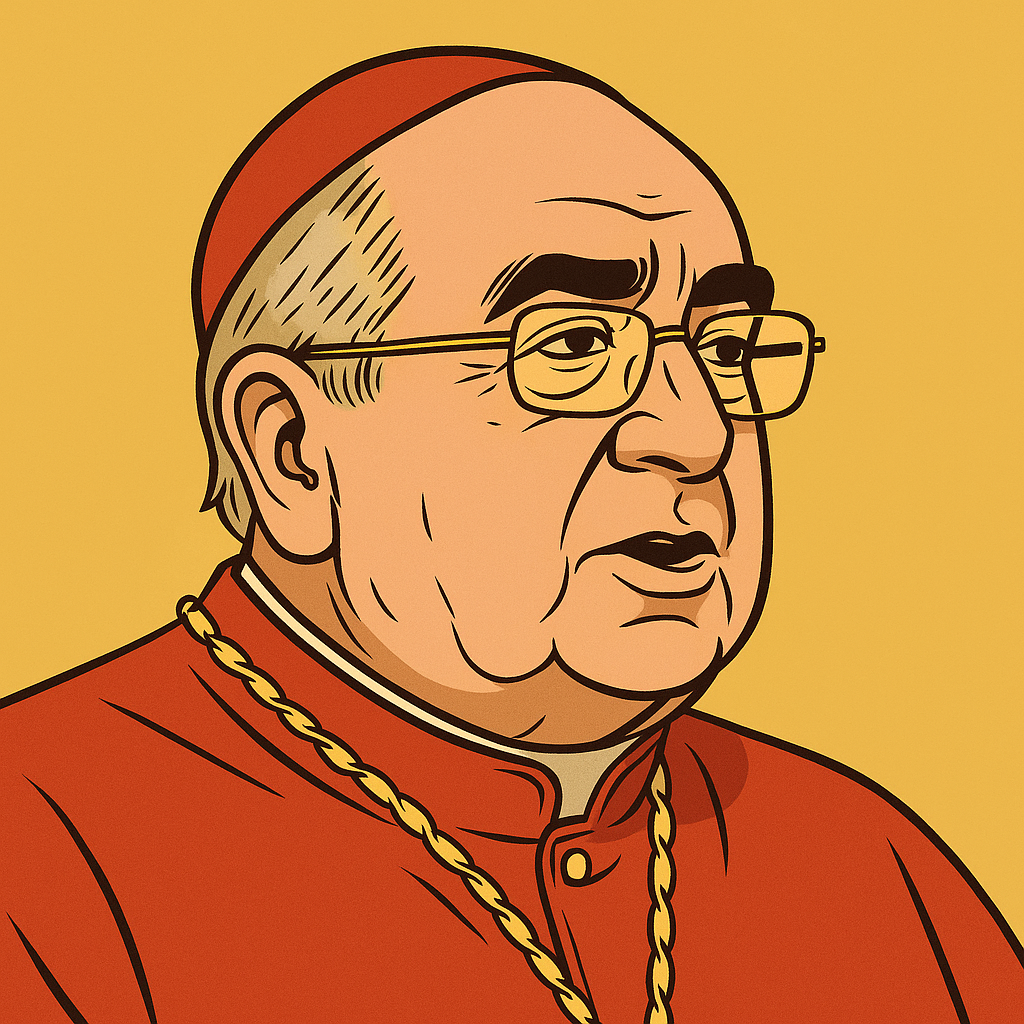
Poland
Polish cardinal, Archpriest of the Basilica of Saint Mary Major, known for his conservative positions and experience in lay ministry, in the tradition of John Paul II.

Germany
German cardinal, former prefect of the Congregation for the Doctrine of the Faith, known for his very conservative positions and vigorous defense of traditional doctrine.

Poland
Polish cardinal, Archpriest of the Basilica of Saint Mary Major, known for his conservative positions and experience in lay ministry, in the tradition of John Paul II.
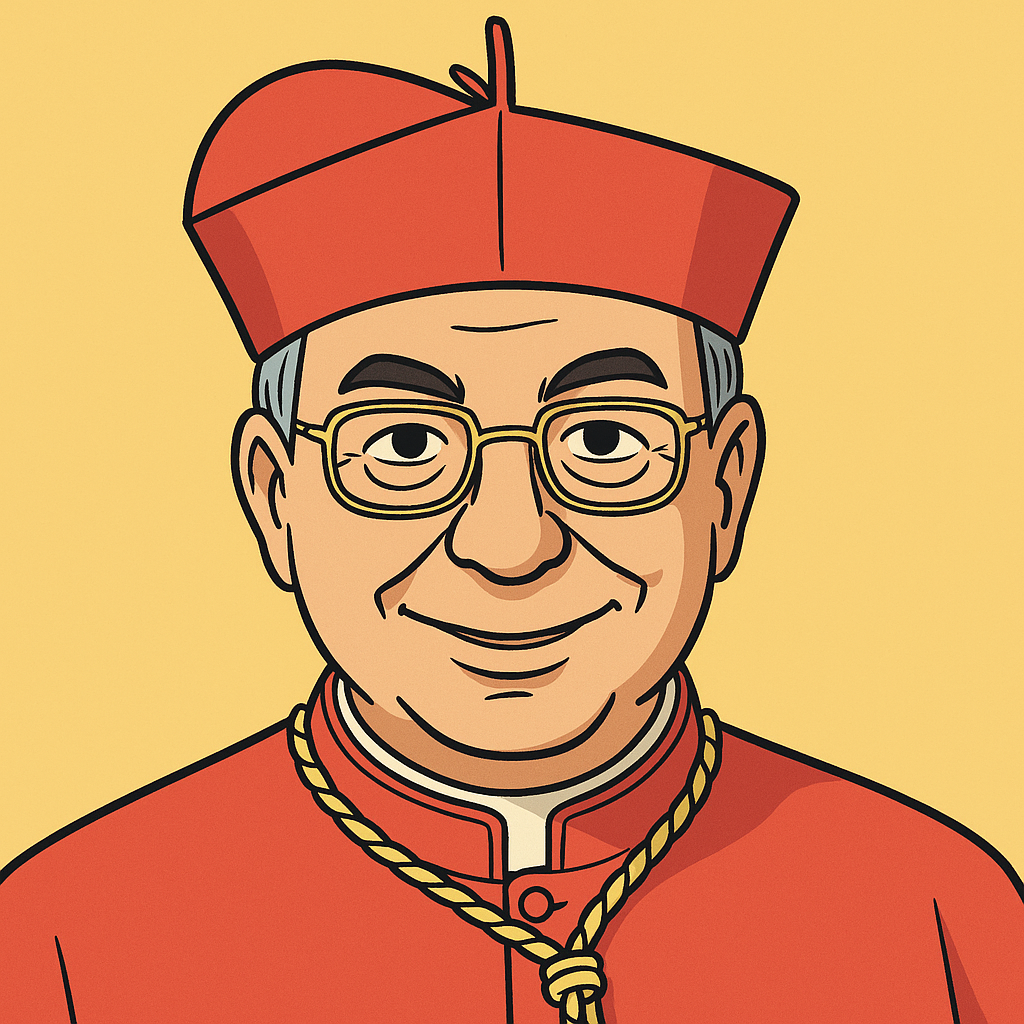
France
French cardinal, Prefect of the Supreme Tribunal of the Apostolic Signatura, known for his legal expertise and traditional doctrinal positions.
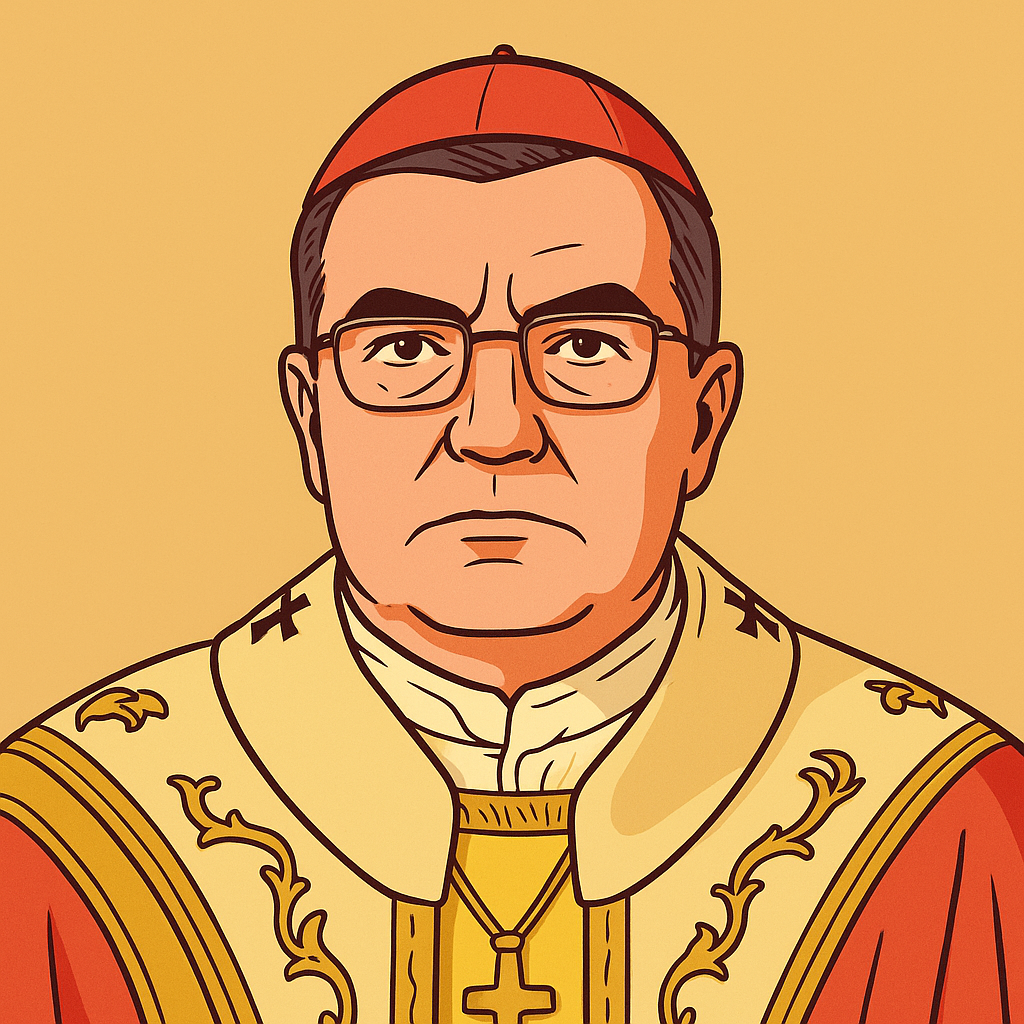
Croatia
Croatian cardinal, Archbishop of Zagreb, known for his conservative positions on moral issues and his commitment to traditional values in a post-communist context.
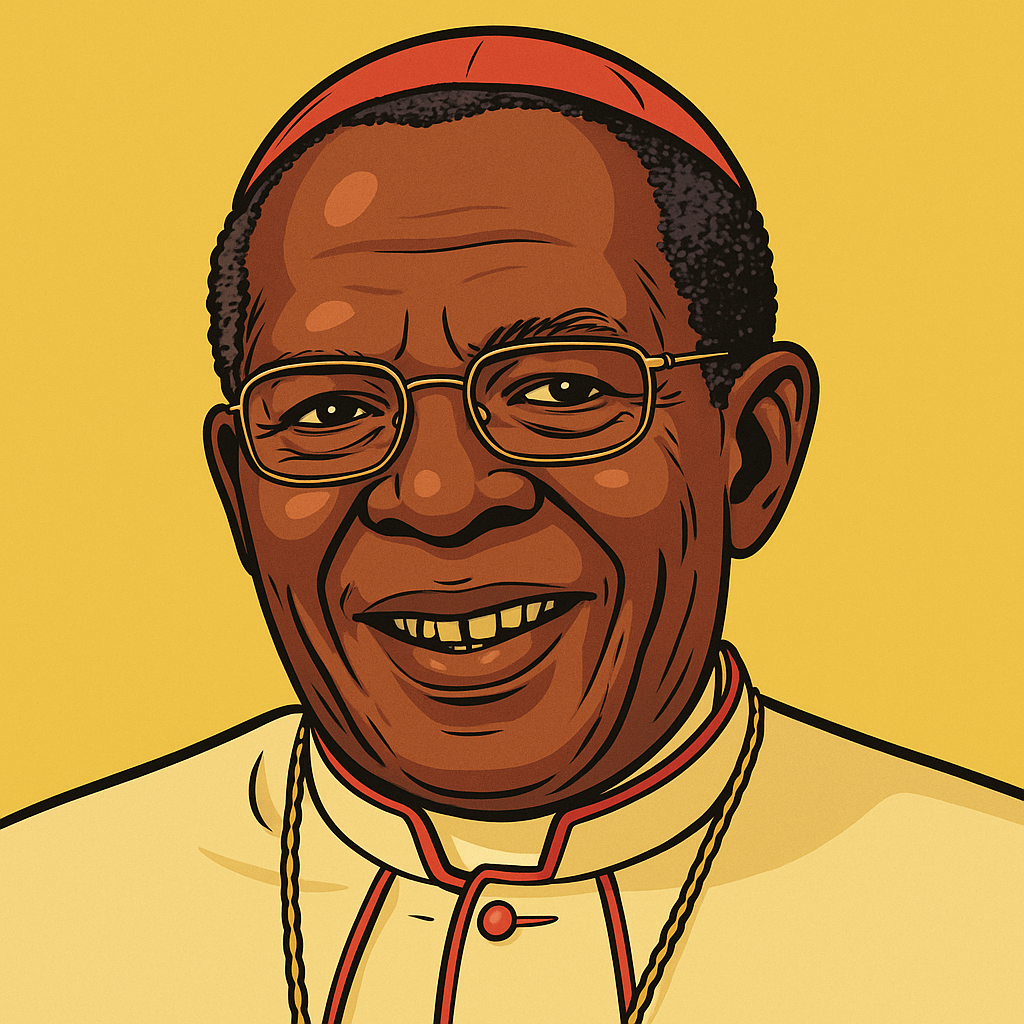
Kenya
Kenyan cardinal, Archbishop Emeritus of Nairobi, known for his conservative positions on moral issues and his leadership in the growing African Church.
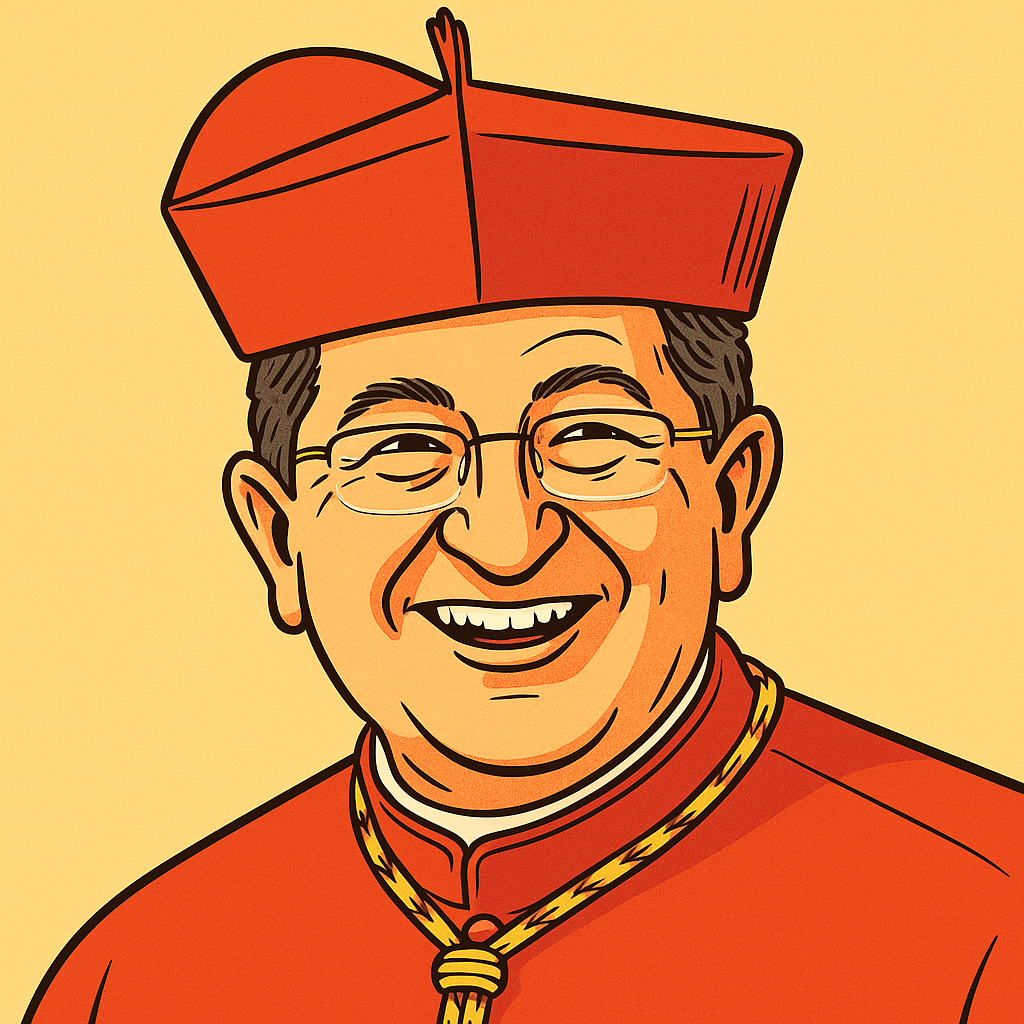
Italy
Italian cardinal, Archbishop of Florence, known for his conservative doctrinal positions and intellectual work, while remaining engaged in pastoral dialogue.

Guinea
Guinean cardinal, former prefect of the Dicastery for Divine Worship, known for his very conservative positions on liturgy and doctrine, and his deep attachment to Catholic tradition.
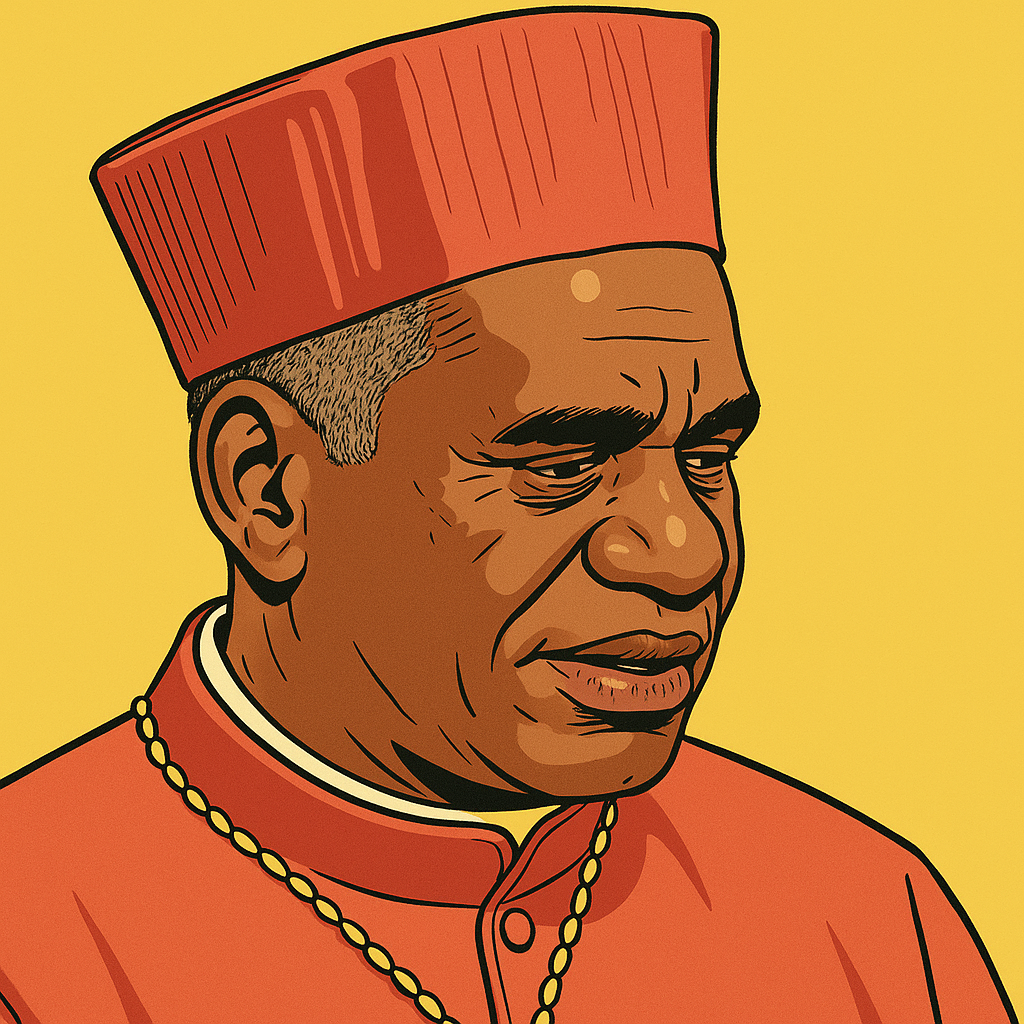
Madagascar
Malagasy cardinal, known for his traditionalist positions, his attachment to classical liturgy, and his vigorous defense of Catholic moral doctrine.
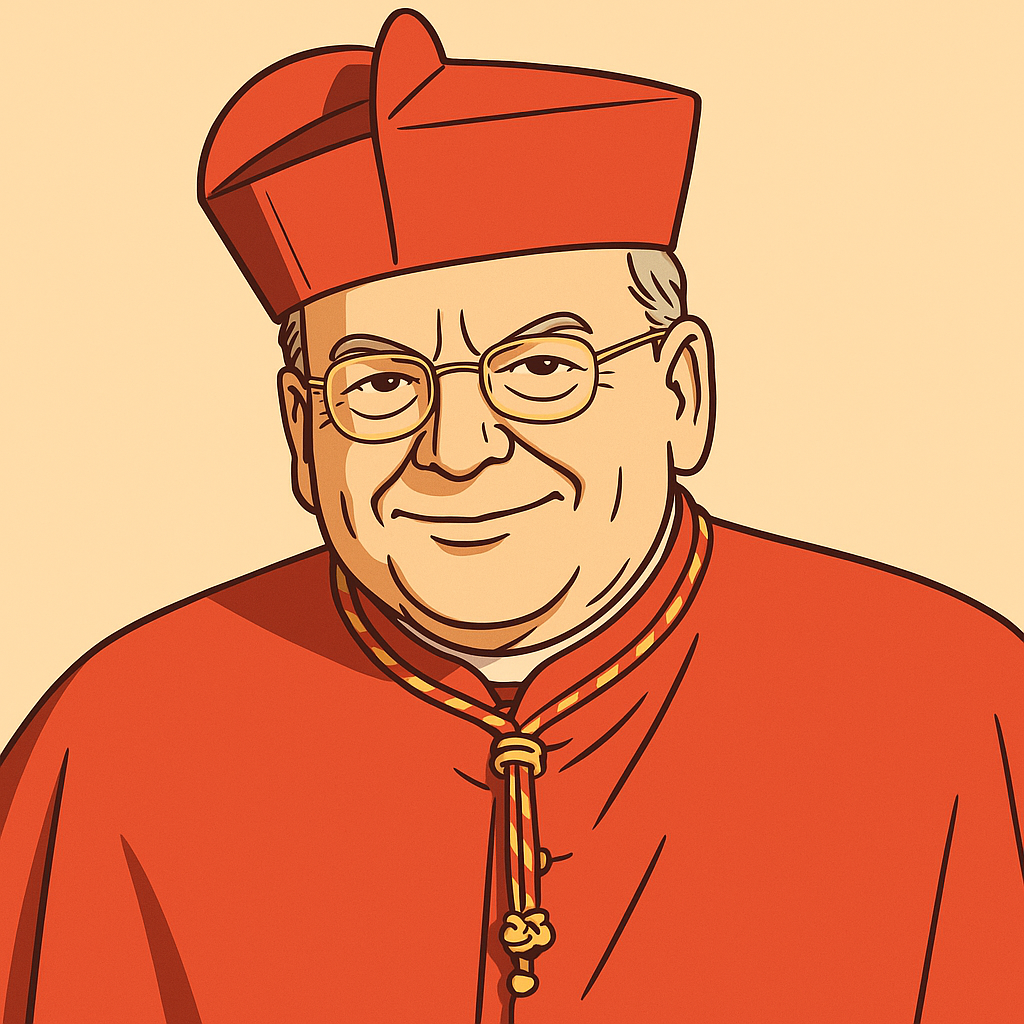
United States
American cardinal, patron of the Order of Malta, known for his very conservative positions on liturgy and doctrine, and his open opposition to certain orientations of Pope Francis' pontificate.

Myanmar
Burmese cardinal, the first from his country, known for his commitment to peace and reconciliation, combining respect for tradition and interreligious dialogue.
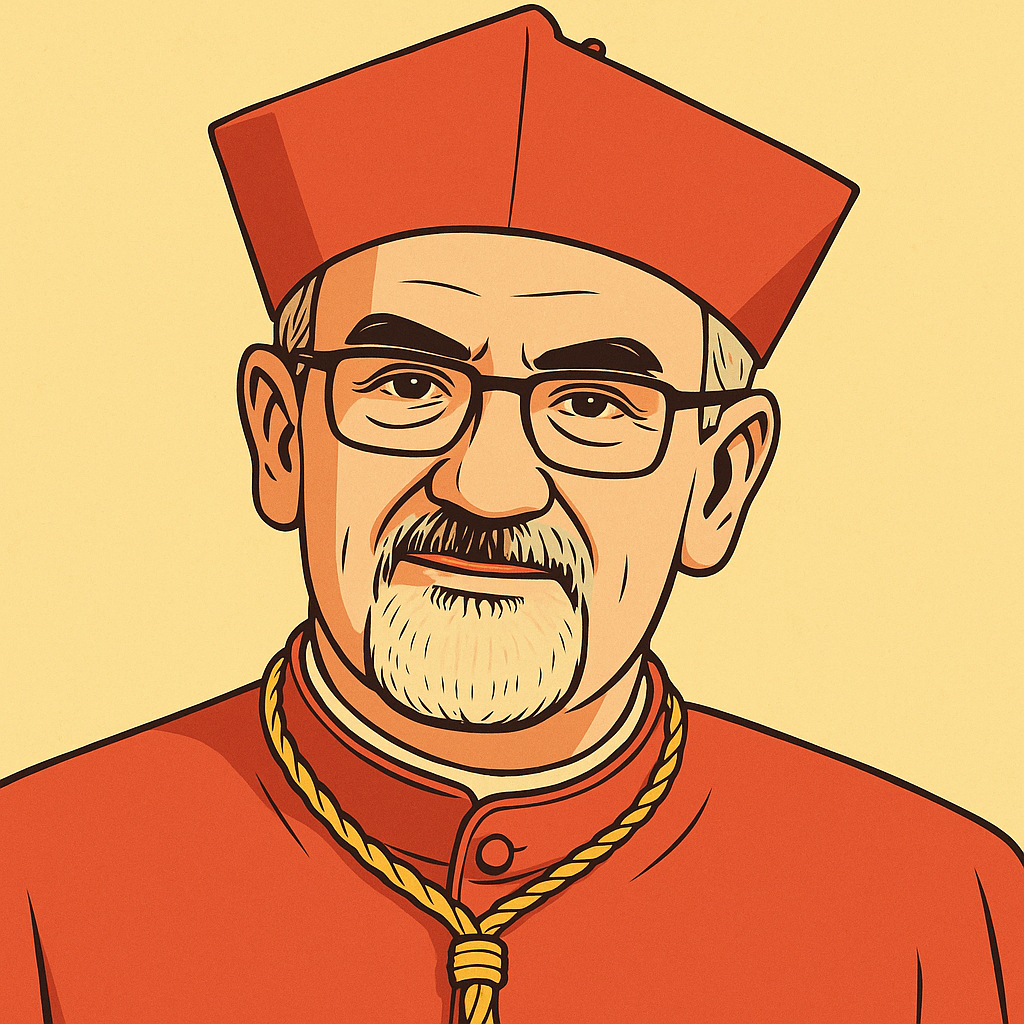
Israel
Italian cardinal, Latin Patriarch of Jerusalem, Franciscan, known for his expertise on the Middle East and his balanced leadership in a context of political and religious tensions.
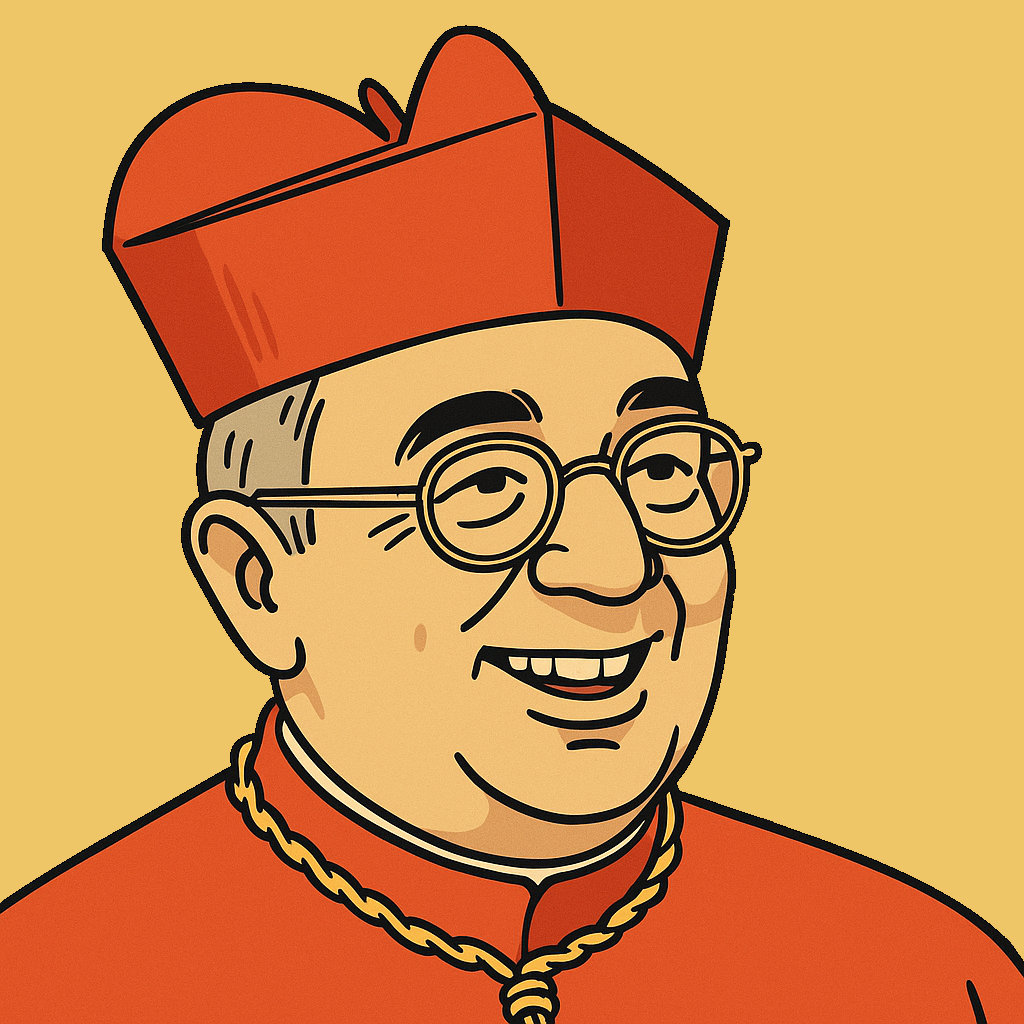
Italy
Italian cardinal, former vicar general of the pope for the diocese of Rome, known for his balance between liturgical tradition and moderate pastoral openness.

Sri Lanka
Sri Lankan cardinal with strong traditionalist positions, known for his attachment to traditional liturgy and defense of Catholic doctrine.

Netherlands
Dutch cardinal, Archbishop of Utrecht, physician and bioethicist, known for his very conservative positions on bioethical and moral issues, and his defense of traditional doctrine.

France
French cardinal, Prefect of the Supreme Tribunal of the Apostolic Signatura, known for his legal expertise and traditional doctrinal positions.